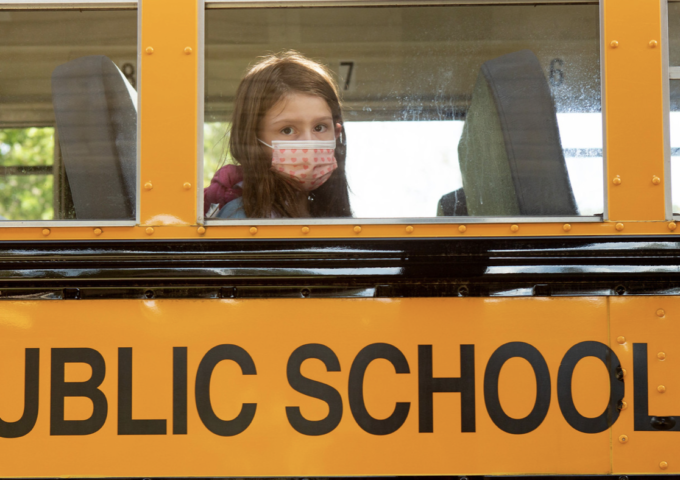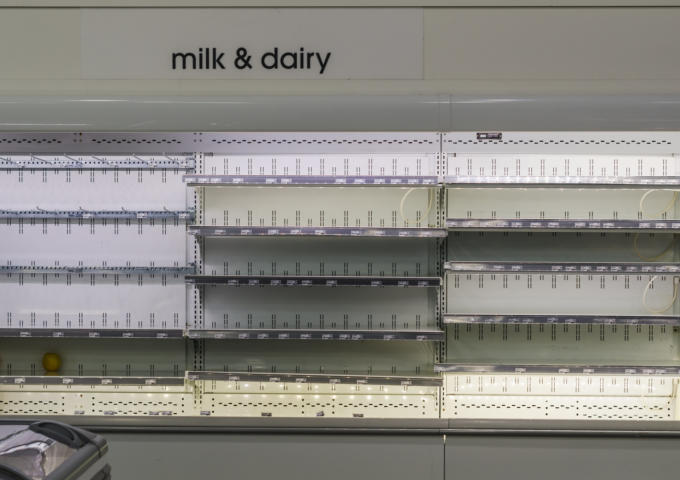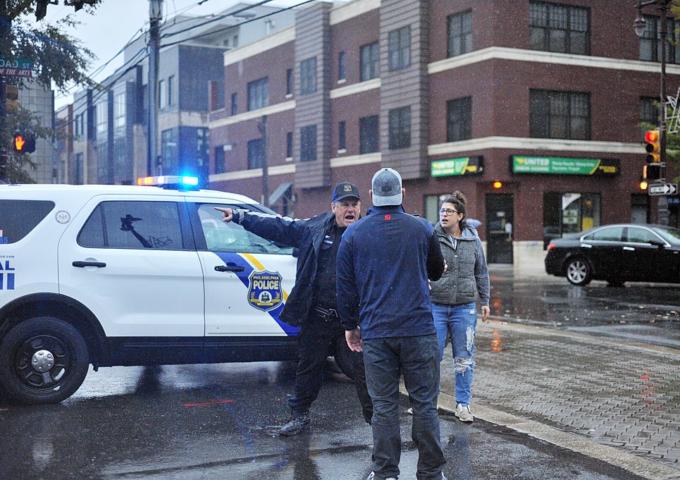Race for Peace Committee has made connections in the City of Philadelphia, including Philadelphia Police Department, Philadelphia Fire Department, Philadelphia City Council, Mayor Jim Kenney’s Office, City Representative Sheila Hess, District Attorney Larry Krasner, state representatives, senators and the School District of Philadelphia.
The Race for Peace Committee is a 501 (c)(3) nonprofit organization. Formed in 2016 to enrich the lives of residents in all communities through programs, resources and activities for the family, to reach an understanding between law enforcement and the communities they serve.
Vision for the Race for Peace Committee is to educate, circumvent and eradicate racism, violence and discrimination globally. The mission for Race for Peace is to revitalize the community through the enrichment and outreach programs in every community and to maintain a collective voice and sharing of ideas, creating an atmosphere of peace that encourages good citizenship.
Race for Peace Committee’s purpose is to strive to create enthusiasm in the communities, see through their eyes, understand their needs and deliver more than they expect. They do this by delivering reachable goals and solutions that support peace through the community.
For more information visit raceforpeace.org. Facebook page: @RFPCSocialMedia.
Alim Howell | Community Activist, Spokesperson, Organizer
__________________________
America needs strong patent laws to keep inventing
In May, the Biden administration announced its support for a proposal at the World Trade Organization to suspend international intellectual property protections on COVID-19 vaccines.
Massachusetts Sen. Elizabeth Warren quickly called this news “fantastic,” arguing that it would speed up worldwide vaccine distribution.
But the senator revealed another reason she was pleased when she said U.S. support meant “the government might finally have the spine to lower drug prices here at home … [by using] march-in authorities.”
She was referring to the 1980 Bayh-Dole Act, which she says – incorrectly – gives the federal government the right to “march in” and prevent a patent owner from granting exclusive license rights on innovations.
Unfortunately, gutting intellectual property rights – either at the WTO or at home – would do nothing to get more shots into arms. Patents are not the obstacle.
Rather, manufacturing bottlenecks, raw materials shortages, and transportation and infrastructure problems stand in the way of faster vaccine distribution to underserved populations.
In a parallel manner, calls for “march-in” to lower drug prices ignore the realities of academic technology licensing. Taking away patent rights through a false interpretation of Bayh-Dole would jeopardize an innovation system that benefits consumers across the world.
Patents give institutions exclusive control over their researchers’ inventions for a set period of time. Before Bayh-Dole, if university researchers on government-supported grants achieved a breakthrough, the patent automatically belonged to the government.
But the federal government has never had the capacity to commercialize the research it funds. Prior to the law’s passage, federal agencies held some 28,000 patents, and licensed less than 5 percent of them for further development.
Now, universities retain the right to license inventions, granting exclusive rights if that is what a commercial partner requires. As a result, Bayh-Dole has brought to society the benefits of new products and bolstered U.S. economic output by $1.7 trillion.
Nationwide, an estimated 300 drugs and vaccines have come out of public-private partnerships enabled by Bayh-Dole.
The “march-in” clause that Sen. Warren alluded to does allow the government to void an exclusive right under a patent – but only under rare circumstances, like if a licensee sits on a technology or fails to produce enough of a needed product. For years, critics have tried to use this clause to argue that the government can “march in” if it doesn’t like a product’s price. But no administration of either political party has ever accepted this premise, and the bill’s sponsors, Senators Birch Bayh and Bob Dole, have said that was never their intent.
Some Democrats now want to use this legal contortion as a means, however faulty, to force down drug prices. But if the administration reinterprets the law in this way, it will be the end of four decades of technical and economic advancement.
I hope that the White House rethinks its support for the global vaccine patent waiver. Another wise decision would be for the U.S. Department of Commerce, now in the process of updating Bayh-Dole, to include language to affirm that march-in cannot be triggered by a demand for price control. IP rights and investment incentives underpin the innovation ecosystem that is helping us get out of the current pandemic, as well as the one we will need to save us from health crises yet to come.
Fred Reinhart is a senior advisor for Technology Transfer at the University of Massachusetts Amherst. A past president of AUTM, he has more than 35 years of experience in academic technology transfer. Originally published in the Boston Herald.
__________________________
Clean Power Coalition condemns vote on pollution
The Clean Power PA Coalition issued the following statement responding to a vote by the Pennsylvania State Senate supporting Senate Bill 119, which would eliminate the Department of Environmental Protection’s existing authority to protect Pennsylvanians from climate-changing carbon pollution:
SB 119 is a harmful, wrongheaded attempt to halt Pennsylvania’s inclusion in the Regional Greenhouse Gas Initiative, a commonsense program that would cut climate pollution from power plants and boost economic recovery, particularly in communities that need greater support because they have long been vulnerable to environmental harms or are experiencing the impacts of the ongoing energy transition.
Not only would SB 119 block Pennsylvania from joining a successful bipartisan initiative to create market-based financial incentives for power plants to cut their carbon pollution, but it also makes it more difficult for the Commonwealth to take any other action to limit carbon dioxide pollution.
RGGI would reduce pollution by as much as 227 million tons here in Pennsylvania and generate as much as $500 million for the state in its first year alone, which could be used to create jobs by investing in clean energy, help workers and communities affected by the ongoing and inevitable transition in our energy markets, and assist low-income energy consumers.
SB 119 flies in the face of what’s best for Pennsylvania and what voters want. More than 70 percent of Pennsylvanians support caps on power plant pollution like RGGI’s. The bill is the latest in a series of attempts to obstruct progress, rather than come to the table with ways for adopting a RGGI plan that protects Pennsylvania communities and best positions them for the future.




